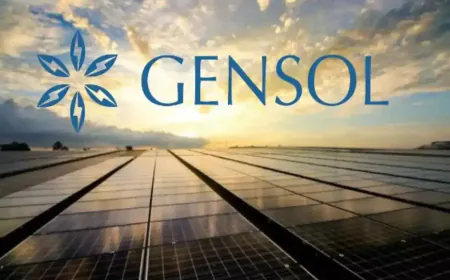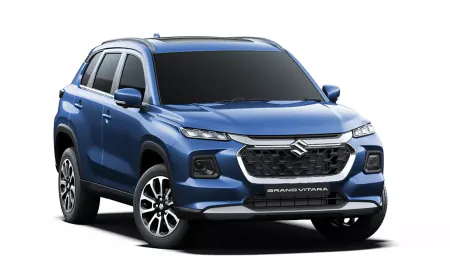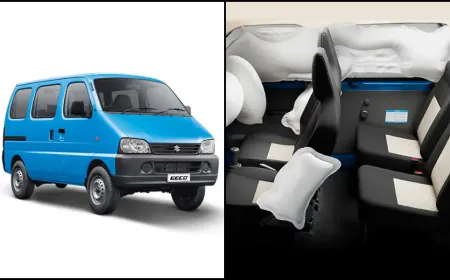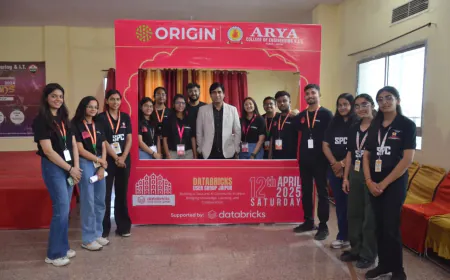By 2030, one crore electric vehicles will be sold annually in India, EV industry will gain momentum
Tata Motors, which has the largest share (about 75 per cent) in India's EV market, is preparing to launch its cheapest EV in the next month (January 2024). For this launch, the company has recently started opening a network of special showrooms for electric vehicles. But this is just a small glimpse of what Tata Motors is going to do in the EV market.

Sales of electric vehicles in the country have increased by 50 per cent to 13.87 lakh units in the first 11 months of the year 2023 and Roads and Highways Minister Nitin Gadkari has estimated that by the year 2030, one crore electric vehicles will be sold annually in India.
In just five years, not only has a strong foundation of the electric vehicle (EV) industry been laid in India, but many studies show that India will be established as an important centre of the supply chain of the EV industry in the world in the next decade.
The EV Expo that concluded last week in New Delhi shows that India is becoming the hub of innovation in the EV industry. Not only the big companies are engaged in creating the EV market here, but the preparations of medium and small companies and start-ups also point towards a better future for this industry. If we talk only about the big car companies, then in the year 2023, Two major car companies Hyundai and Tata Motors are about to launch very ambitious models in the EV market.
Tata Motors, which has the largest share in India's EV market (about 75 per cent), is preparing to launch its cheapest EV in the next month (January 2024). For this launch, the company has recently started opening a network of special showrooms for electric vehicles. But this is just a small glimpse of what Tata Motors is going to do in the EV market. At least three electric cars of the company are going to come to India next year.
Apart from this, the country's second largest car company Hyundai Motor India is going to launch its first EV (SUV) designed for the Indian market. Kia Motors is also in this race but its first SUV for Indian customers is set to be launched in early 2025. Mahindra & Mahindra also plans to launch the electric car around the festive season of 2024. This is what the big companies are talking about regarding new launches.
These companies also have funds and a huge R&D team. But the work of truly taking the Indian EV revolution to new heights is being done by the startups associated with this industry. There are over a thousand startups like Ather Energy, Ultigreen, BlueSmart, and Exponent Energy that are driving the EV revolution. They are working from supplying commercial three-wheeler EVs in cities to increasing the capacity of batteries used in small and big EVs, swapping charged batteries and making EVs accessible in remote areas. At least two dozen startups are concerned only with making Made in India products (related to the EV industry).
Thanks to these companies, if you drive an EV two-wheeler, you will soon get Indian-made equipment that will increase the mileage of your vehicle by 20 per cent. Thanks to this revolution, the share of electric vehicles in the total automobile market of the country will also increase by the year 2024. -It is expected to grow rapidly from 2025.
The report of the research agency ICRA says that the current one per cent share of electric cars in the total cars will increase to four per cent in two years and 15 per cent by the year 2030, from the current five per cent in two-wheelers to 15 per cent and 30 per cent. The biggest change will be seen in the three-wheeler market, where the share of electric vehicles will increase from the current 7 per cent to 40 per cent.
For Latest News update Subscribe to Sangri Today's Broadcast channels on Google News | Telegram | WhatsApp





































.jpeg)















































































.jpeg)














